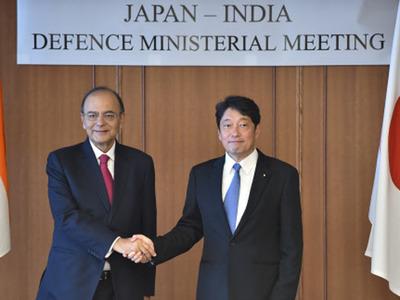National and state minority commission
National and state minority commission Constitution of India doesn’t define the word ‘Minority’ but has used the word minorities considering two attributes religion or language of a person. For minorities Constitution of India has envisaged a number of rights and safeguards. To provide enough equality and to dwindled the discrimination, makers have spelt out various … Read more
